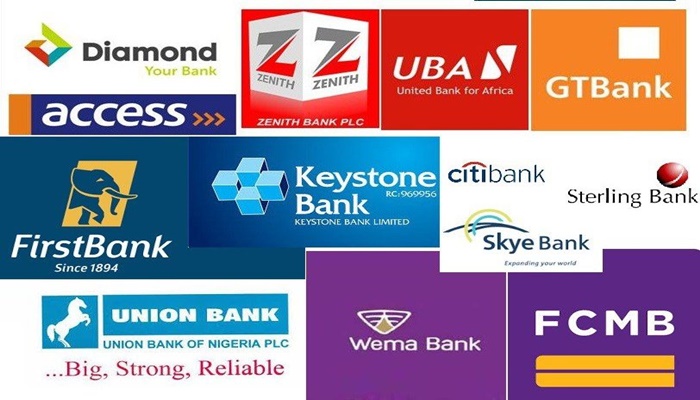
A report by Agusto & Co, a credit rating agency has revealed that commercial banks operating in the country have written off bad loans totalling N1.9 trillion from their books in the last four years,.
The Agusto & Co 2020 Banking Industry Report which made the disclosure at the weekend linked the banks’ actions to weak macroeconomic climate and the introduction of the International Financial Reporting Standards 9 (IFRS 9) accounting standard.
The report also revealed that the ravaging COVID-19 pandemic led to the threatening of the industry’s asset quality given significant exposures to vulnerable sectors.
It also revealed that Money Deposit Banks (MDBs) and merchant banks have continued to lend, despite the loan write-offs as total gross credit to the economy increased by N3.33 trillion from N15.56 trillion at end-May 2019 to N18.90 trillion at end-June 2020.
These credits were largely recorded in manufacturing, consumer credit, general commerce, and information and communication and agriculture, which are productive sectors of the economy.
The report states: “Our assessment of the industry’s financial condition is based on figures and information published in the approved annual reports of 19 commercial banks and five merchant banks as at 31 December 2019.
“These banks collectively accounted for an estimated 98 per cent of the industry’s total assets as at the same date and provide a good representation of the Industry.”
Agusto & Cos 2020 Banking Industry Report is the most current and comprehensive report on the banking industry in Nigeria. The report provides an overview of the banking industrys architecture and in-depth analysis of its asset quality, earnings, capitalisation and liability generation.
“In the last four years, following the 2015/2016 recession, the Nigerian banking industry has written off a minimum of N1.9 trillion of impaired loans from its loan portfolio. This volume of write offs has been driven by the weak macroeconomic climate and the introduction of the IFRS 9 accounting standard in 2019. In the wake of the unprecedented COVID-19 pandemic, the Industry’s asset quality is further threatened given significant exposures to vulnerable sectors,” it said.






